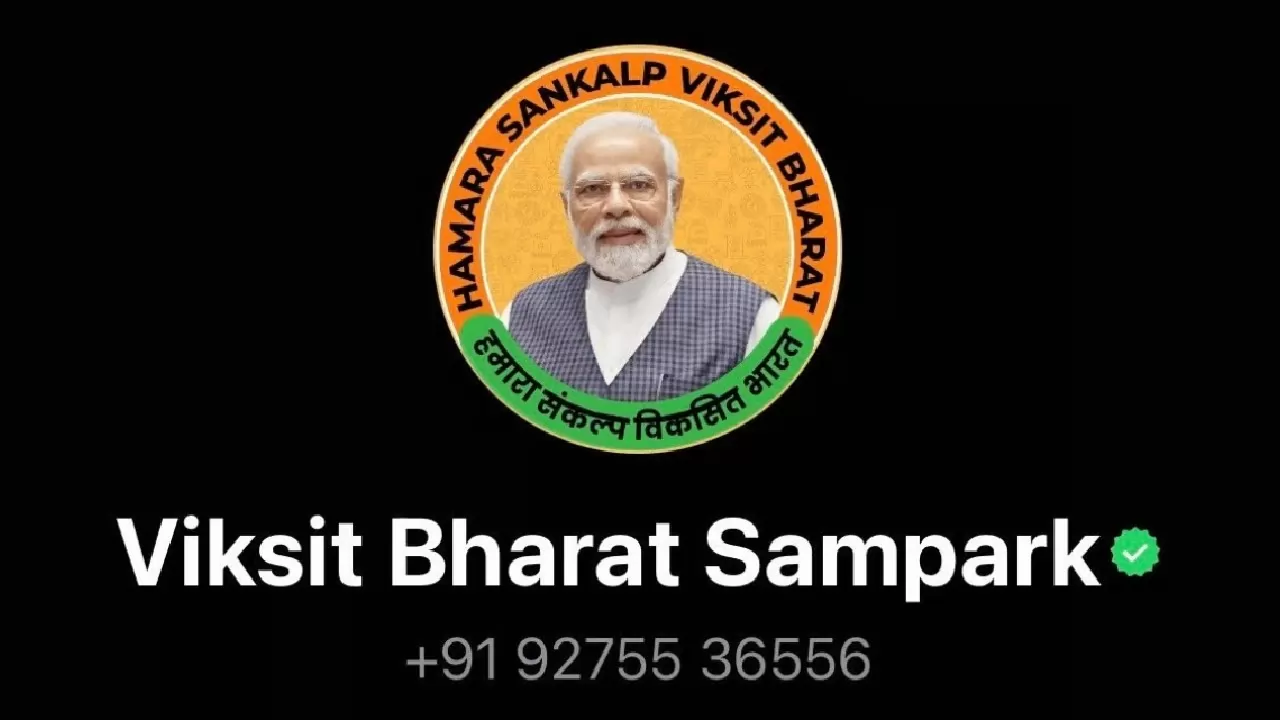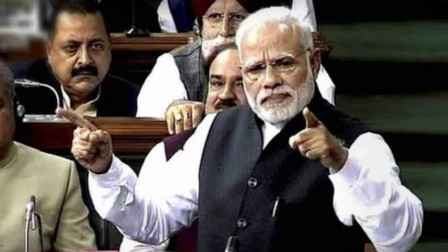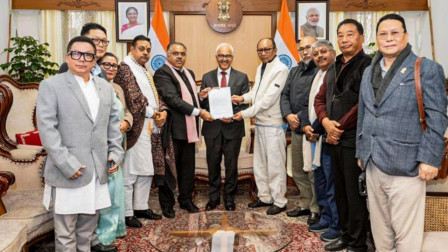
Viksit Bharat Sampark
New Delhi: A recent WhatsApp message from the 'Viksit Bharat Sampark' channel, seeking feedback and suggestions, appended to a letter by Prime Minister Narendra Modi, has sparked controversy. While initially perceived as a communication directed solely towards Indian citizens, concerns have been raised as individuals from diverse nationalities, including the UAE and Pakistan, reported receiving similar messages. This development has prompted questions regarding the acquisition of contact numbers of foreign nationals by the Indian government, raising concerns over privacy laws and ethical considerations.
Congress Member of Parliament Shashi Tharoor brought attention to this issue by sharing screenshots of a LinkedIn post by Anthony J Permal ACIM, a UAE-based consultant. Anthony highlighted the receipt of the WhatsApp message by non-Indians, emphasizing the breach of privacy laws and expressing disbelief at the apparent spamming of thousands of non-Indian individuals.
Will the @ECISVEEP take note of such a blatant misuse of government machinery and government data to serve the partisan political interests of the ruling party? pic.twitter.com/wrV6iWwfsJ
— Shashi Tharoor (@ShashiTharoor) March 18, 2024
Anthony's post ignited a discussion, with many non-Indian individuals confirming receipt of the message from the Viksit Bharat Sampark channel. Questions regarding the source of contact numbers and the ethical implications of such mass messaging without consent have been raised.
Tharoor, echoing concerns expressed by individuals like Anthony, called for the Election Commission of India (ECI) to investigate the misuse of government machinery and data for partisan political interests. The dissemination of political messages to non-Indian nationals has underscored the need for accountability and adherence to privacy regulations.
The controversy surrounding the distribution of 'Viksit Bharat' messages to foreign nationals highlights the importance of transparency and ethical practices in political communications. As discussions continue, stakeholders await clarity on the origin of contact information and measures to safeguard privacy rights in digital outreach efforts.








Copyright © 2026 Top Indian News
